Department of Pathology
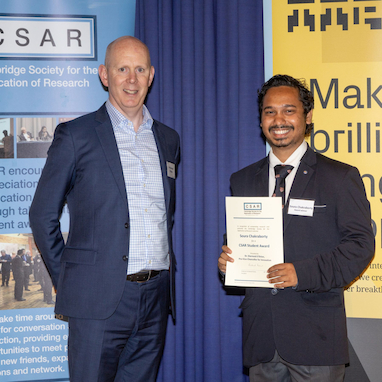
Tumours foster an immunosuppressive microenvironment to evade the antitumour immune response. In Soura Chakraborty's research, it was observed that elevated cortisol signalling within the lung tumour microenvironment (TME) impairs the cytotoxic function of natural killer (NK) cells and exacerbates hypoxic stress. Single-cell transcriptomic profiling reveals that cancerassociated fibroblasts and macrophages enzymatically convert inactive cortisone to active cortisol, while de novo steroidogenesis from pregnenolone occurs in T cells, mast cells, and macrophages. Pharmacological inhibition of the glucocorticoid receptor (GR) in murine models alleviates cortisol-mediated immunosuppression, restoring NK cell cytotoxicity and reducing tumour burden in a lung cancer model. Notably, therapeutic chimeric antigen receptor (CAR)-NK cells are similarly suppressed by glucocorticoid signalling. To overcome this, Soura and collaborators engineered steroid-resistant CAR-NK cells targeting CEACAM5, a tumour-associated antigen enriched in lung cancer. Using CRISPR-Cas9, they deleted NR3C1, the gene encoding GR, thereby conferring resistance to glucocorticoid-mediated inhibition. These modified CAR-NK cells demonstrate sustained cytotoxicity in glucocorticoid-rich environments and effectively eliminate lung tumours in NSG mice within 16 days, outperforming conventional CAR-NK cells. The findings uncover a central role for steroid signalling in shaping the immunosuppressive TME and establish steroid-resistant CAR-NK cells as a promising immunotherapeutic strategy against steroidogenic solid tumours, including those treated with exogenous glucocorticoids.
Other 2025 award winners
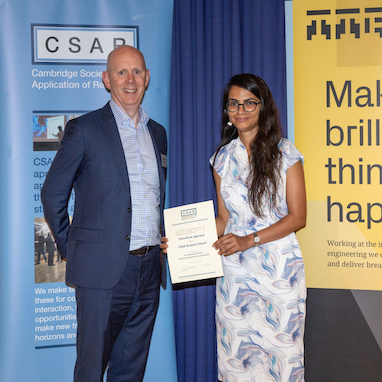
Tanushree Agarwal
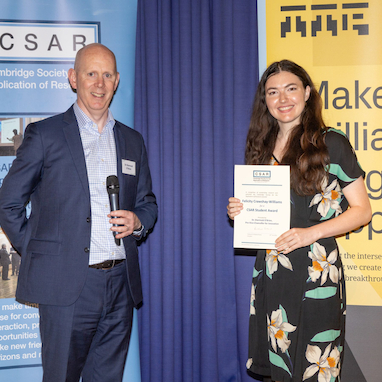
Felicity Crawshay-Williams
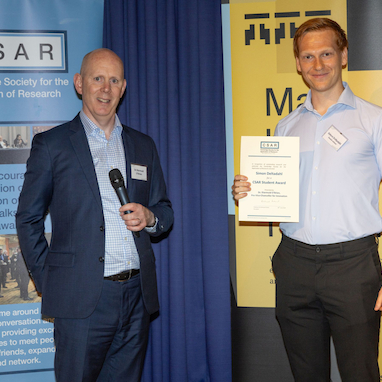
Simon Deltadahl
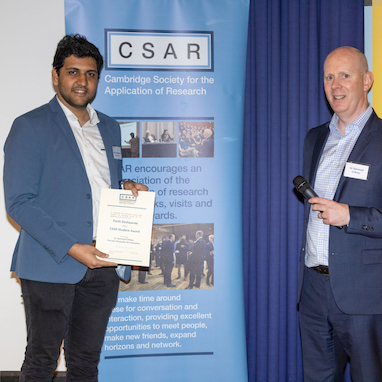
Parth Deshpande
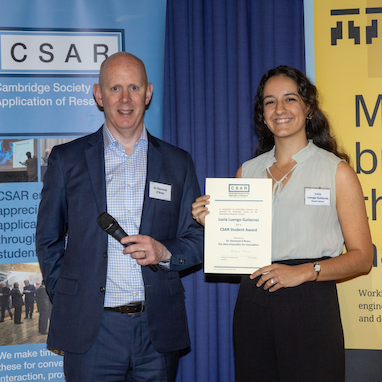
Lucia Luengo Gutierrez
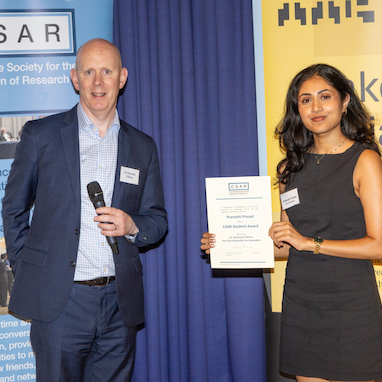
Pranathi Prasad
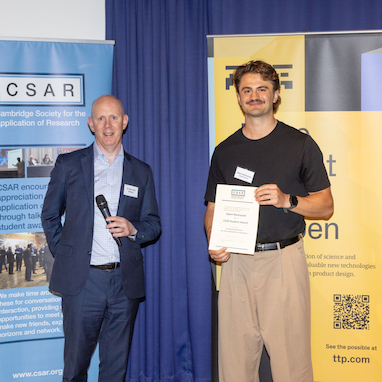
Adam Rochussen
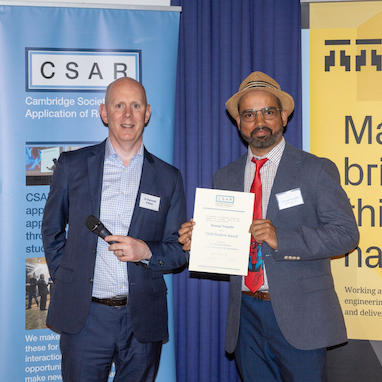
Anoop Tripathi
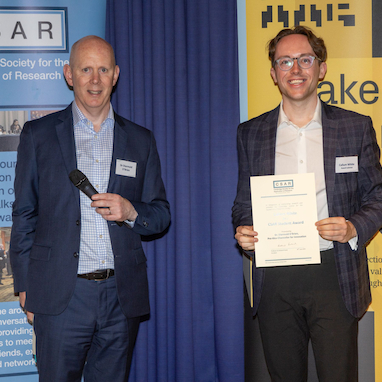
Callum White
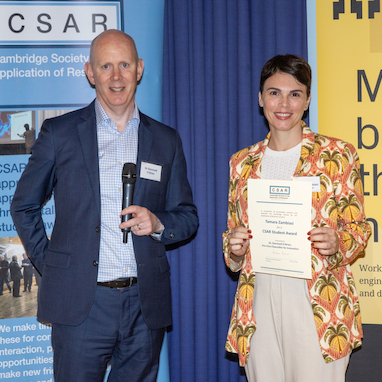
Tamara Zambiasi
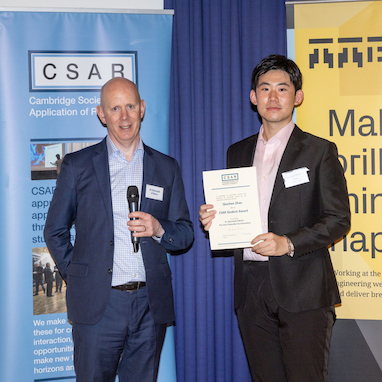
Qiuchen Zhao